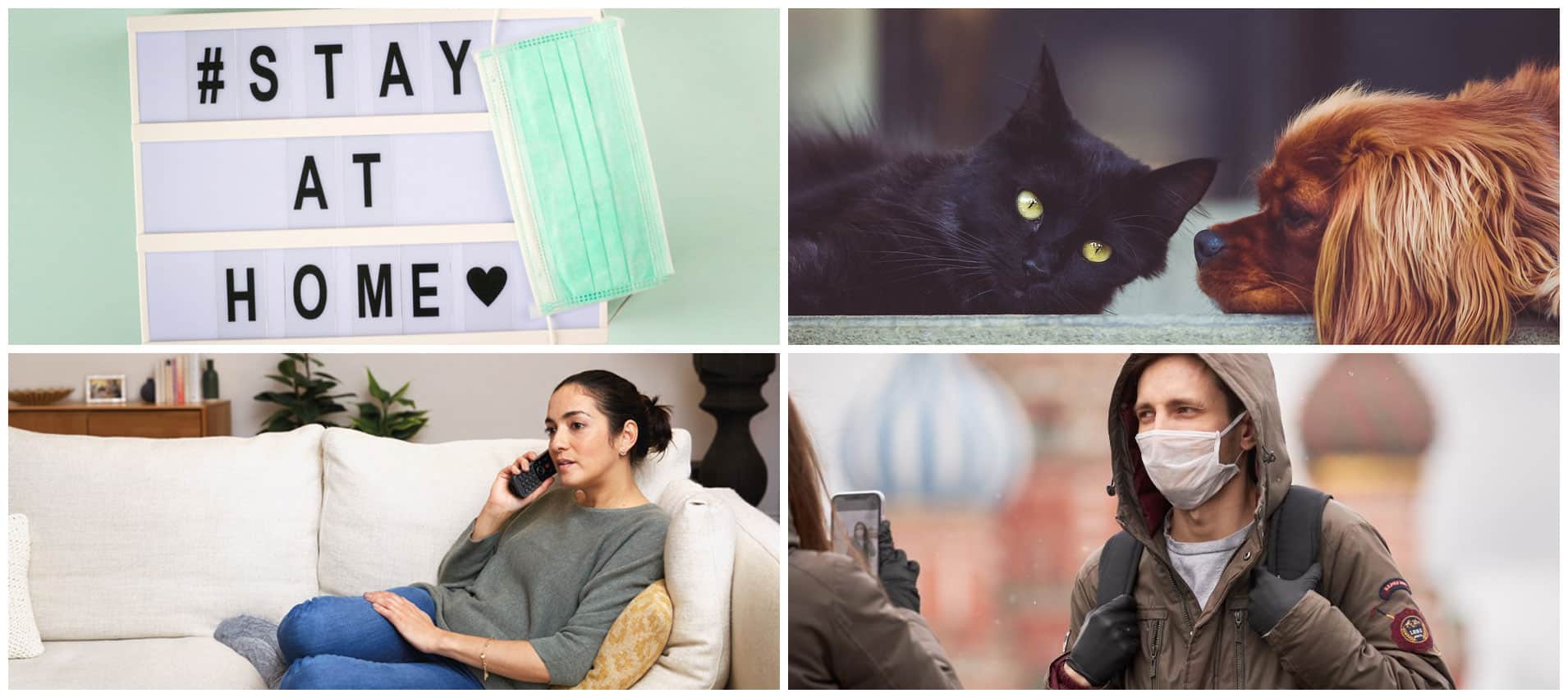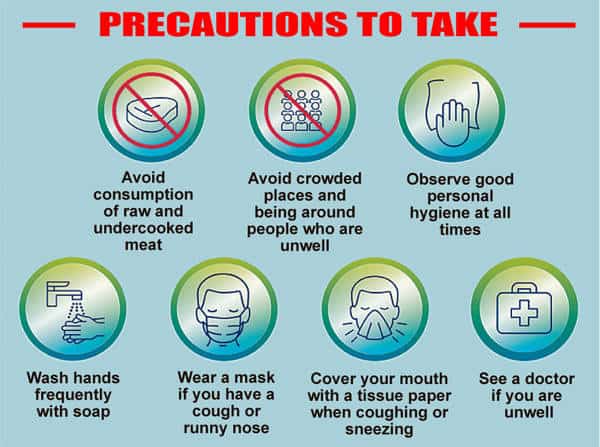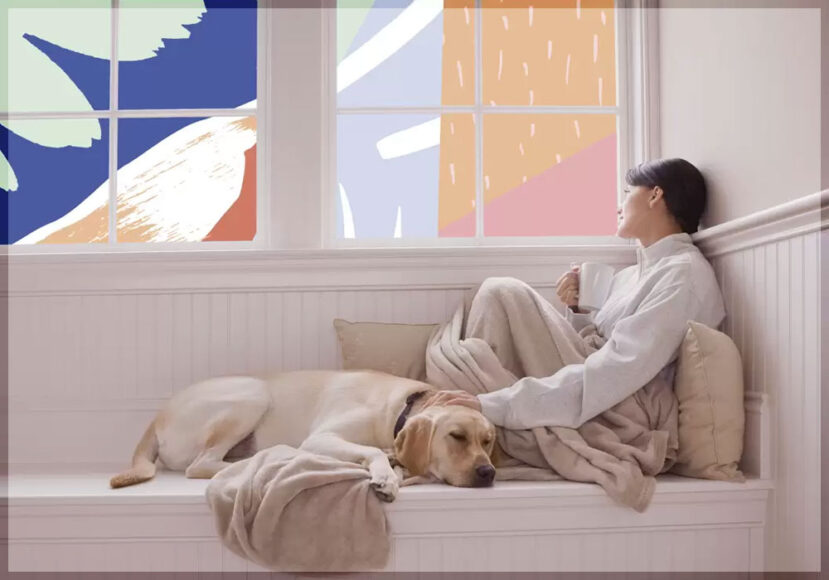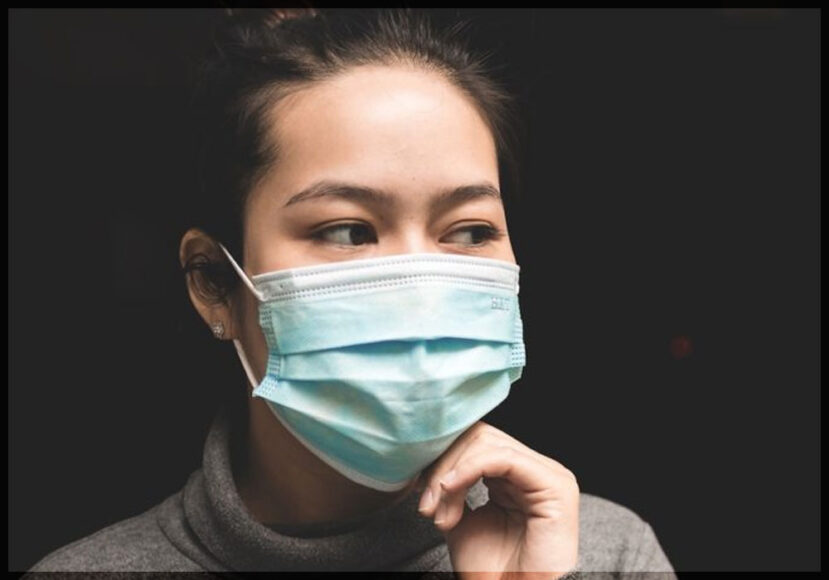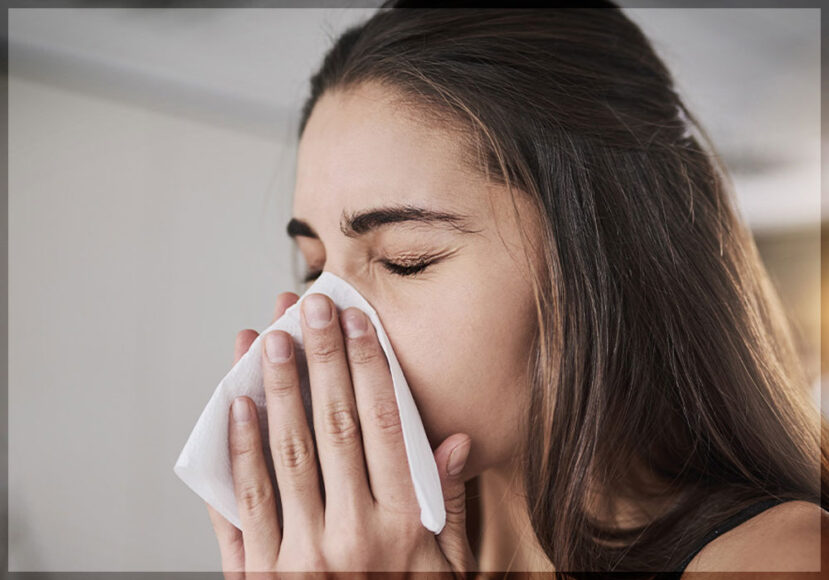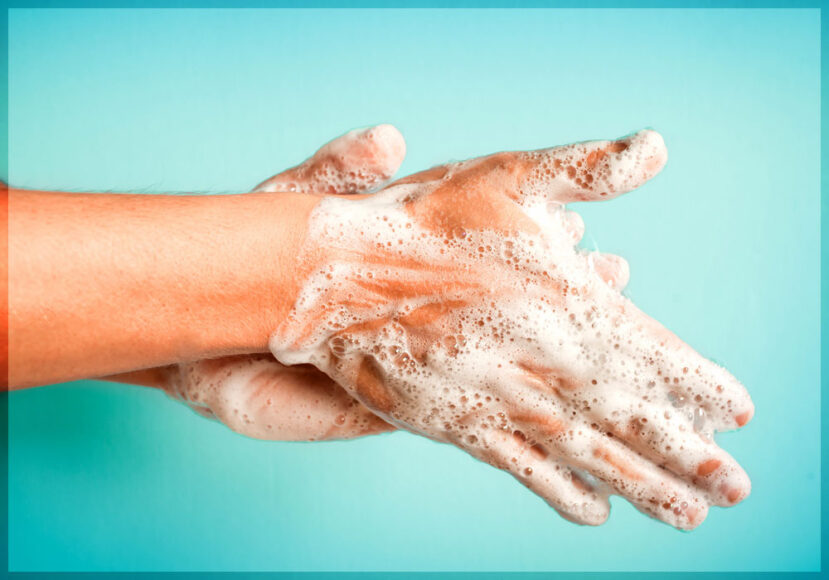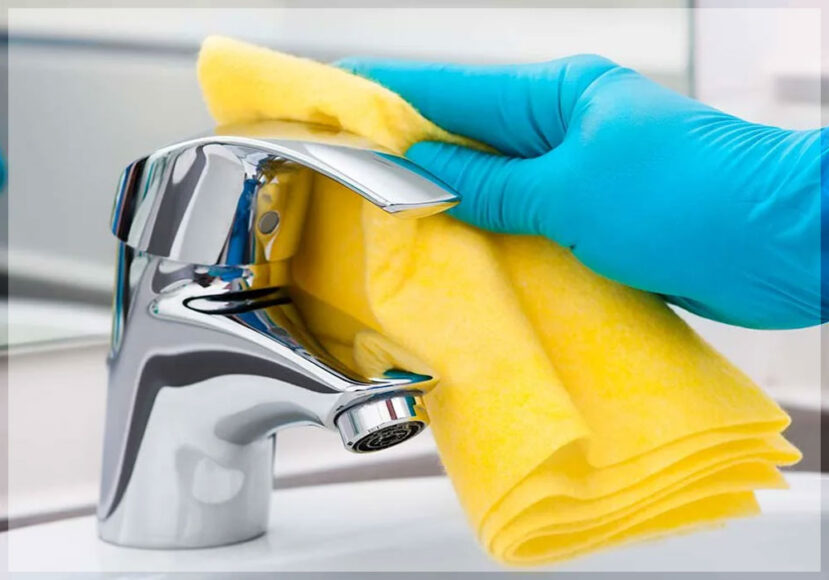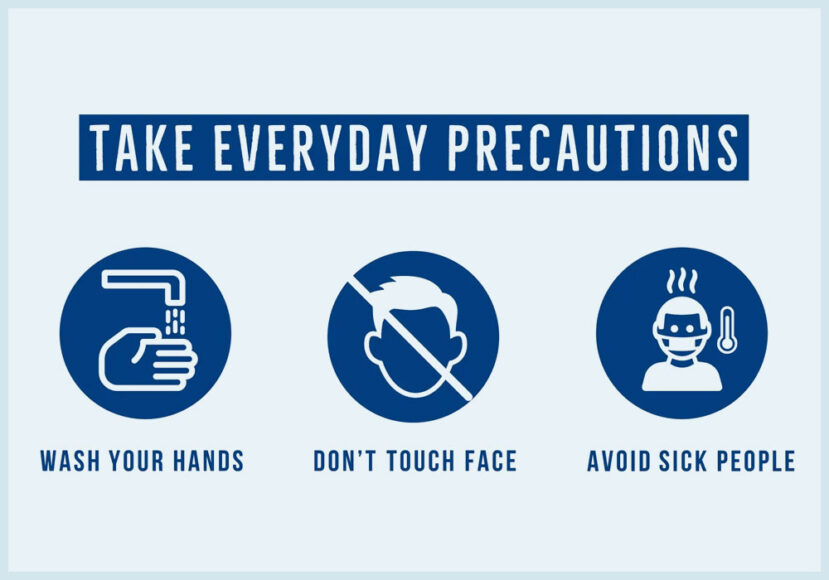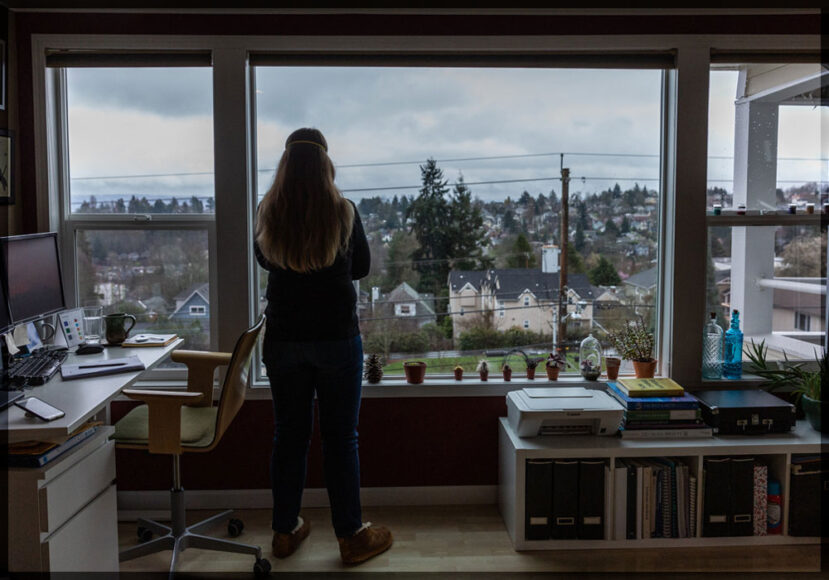Coronavirus 2019 (COVID-19): What To Do If You Are Sick
Call your doctor: If you think you have been exposed to COVID-19 and you have a fever and symptoms such as coughing or shortness of breath, contact your healthcare provider for advice.
If you are sick, take steps to prevent COVID-19 from spreading
Follow these steps: If you are infected with COVID-19, or if you suspect you have a virus that causes COVID-19, follow these steps to prevent the disease from spreading to your home and community.
Stay at home, except for medical care.
Host Family: Patients with mild illness with COVID-19 can isolate themselves at home when they become ill. In addition to health care, you must restrict activities outside your home.
Avoid in public places-Do not go to work, school or in public places.
Avoid public transportation: Avoid using public transport, shared transport or taxis.
Isolate from other animals in your home
Away from others: You must be as close as possible to a particular room and away from others in your home. In addition, you should use a separate bathroom (if available).
Reduce contact with pets and animals: When you have COVID-19, you should limit contact with pets and other animals just as you do with others. Although there are no reports of COVID-19 infection in pets or other animals, it is recommended that people with COVID-19 limit exposure to animals until more information about the virus is known.
Whenever possible, ask other family members to take care of your animals when they are sick. If you have COVID-19, avoid contact with your pet, including touching, sniffing, kissing or licking, and sharing food. If you should take care of your pet or around animals during your illness, wash your hands and wear a mask before and after interacting with your pet. For more information, refer to COVID-19 and Animals.
Please call in advance before seeing a doctor.
Call ahead: If you need to see a doctor, contact your healthcare provider and tell them if you have COVID-19. This will help the healthcare provider’s office take steps to prevent injury or exposure to others.
Wear a mask when you are sick
If you are sick: You must wear a mask when you are near other people (for example, sharing a room or car) or a pet, and before you enter the provider’s office.
If you care for others: If the patient cannot wear a mask (for example, breathing difficulties due to the mask), then people living with the patient should not stay in the same room. Or, if they enter the room with the patient, they must wear a mask.
Cover up coughing and sneezing
Cover: Cover your mouth and nose with a tissue when coughing or sneezing. Get rid of: Throw used paper towels into a lined trash can.
Wash your hands: Wash your hands immediately with soap and water for at least 20 seconds, or, if soap and water are not available, wash your hands with an alcohol-based liquid soap containing at least 60% alcohol.
Clean your hands often
Wash your hands: Wash your hands often with soap and water for at least 20 seconds, especially after blowing noses, coughing or sneezing; going to the bathroom; and before eating or preparing food.
Hand Sanitizer: If soap and water are not available, use an alcohol-based hand sanitizer with an alcohol content of at least 60%. Cover all surfaces of your hands and wipe until you feel dry.
Soap and water: If your hands are dirty, then soap and water are the best choices.
Avoid touching: Avoid touching eyes, nose and mouth with unwashed hands.
Avoid sharing personal household items.
Not to share: Do not share tableware, cups, mugs, tableware, towels or bedding with other people or pets in the home.
Wash thoroughly after use: After using these ingredients, wash thoroughly with soap and water.
Clean all “high-touch” surfaces daily
Cleaning and disinfection: Practice regular cleaning of highly contacted surfaces.
High-contact surfaces include counters, tables, door handles, bathroom fixtures, toilets, phones, keyboards, tablets, and bedside tables.
Clean areas containing body fluids-Also, clean any surfaces that may contain blood, faeces or body fluids.
Household cleaning products: Use household cleaning sprays or wipes as indicated on the label. The sticker contains instructions for the safe and effective use of cleaning products, including precautions you should take when using the product, such as wearing gloves and ensuring good ventilation when using the product.
Control symptoms
Seek medical attention: If your condition worsens (such as shortness of breath), seek medical attention immediately.
Call your doctor: Before you seek care, call your healthcare provider. Tell them that you have been tested for COVID-19 or are being tested for COVID-19.
Wear a mask when you are sick: Wear a mask before entering your elbows. These steps will help your healthcare provider’s office prevent other people in the office or waiting room from being injured or exposed.
Health Department Warning: Ask your health care provider to contact your country or local health department. Individuals under active surveillance or restraint should follow the instructions of the local health department or occupational health professional, as appropriate.
Stop quarantine house
Stay at home until you are asked to leave: Patients with confirmed COVID-19 must remain in separate precautions. Until the risk of transitioning to another person is considered below.
Talk to your healthcare provider. The decision to end home isolation precautions must be negotiated with the healthcare provider and local and local health authorities.
Precautions
- can be subjective or confirmed
- Close communication is defined as:
- A) You are approximately 6 feet (2 meters) long from COVID-19’s condition. While waiting, living, visiting, or sharing a healthcare area, you may wait until the area or room where COVID-19’s condition is in close contact.
- B) Direct contact with infectious secretions of COVID-19 (eg cough)
If the recommended personal protective equipment or personal protective equipment. (for example, gowns, gloves, approved N95H disposable respirators, and eye protection) does not make such a connection, the criteria for considering PUI are met.
Limited data for reporting close contacts definitions. Factors to consider when assessing close contact include the time of exposure (for example, prolonged exposure may increase the risk of exposure) and clinical symptoms of people with COVID-19 (for example, the cough may increase the risk). Exposure and exposure to dangerous patients). Special attention should be paid to those who have been in contact with medical institutions.

